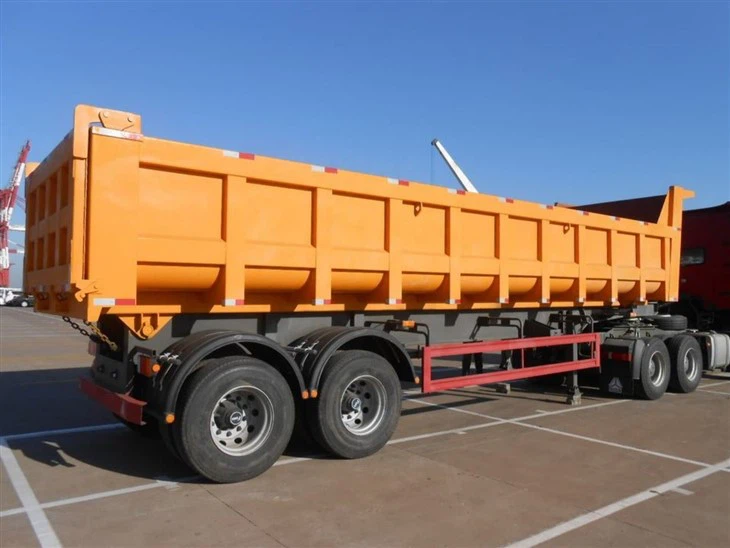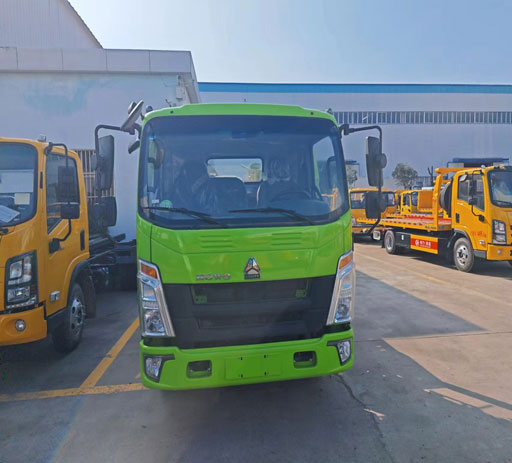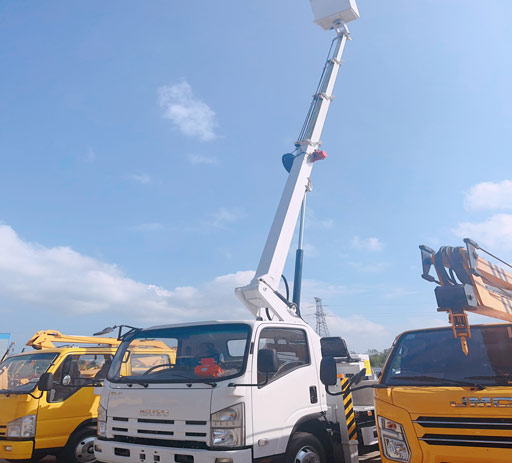Understanding Vacuum Truck Cost: A Comprehensive Guide

Vacuum trucks play a crucial role in various industries, particularly in waste management, construction, and environmental cleanup. However, understanding the cost of purchasing or renting a vacuum truck can be complex. This article will break down the factors influencing vacuum truck costs, the types of vacuum trucks available, operational expenses, and practical tips for budgeting.
What is a Vacuum Truck?
A vacuum truck is a specialized vehicle designed for industrial applications. It uses suction to remove liquids, sludge, and solid waste from various locations, often from underground facilities or during emergency cleanups.
Key Components of Vacuum Trucks
- Tank: Made from durable materials, tanks can vary in size from a few hundred gallons to several thousand.
- Pump: Essential for creating the vacuum effect, pumps vary based on the truck’s purpose and usage frequency.
- Hoses and Accessories: These include suction hoses, nozzles, and fittings necessary for effective operation.
- Chassis: The base vehicle that supports the vacuum system, which can be a truck or trailer.
Factors Influencing Vacuum Truck Cost
1. Type of Vacuum Truck
There are various types of vacuum trucks designed for different applications. Each comes with a different price point:
| Type | Typical Cost |
|---|---|
| Industrial Vacuum Trucks | $200,000 – $500,000 |
| Hydrovac Trucks | $250,000 – $1,000,000 |
| Septic Trucks | $75,000 – $150,000 |
| Combo Vacuum Trucks | $300,000 – $800,000 |
2. New vs. Used
A significant factor in cost comparison may arise between new and used vacuum trucks. While new trucks offer advanced features and warranties, used models are usually more affordable but may come with maintenance concerns.

Advantages of Buying New
- Latest technology and compliance with environmental standards.
- Manufacturer warranty covering potential repairs.
- Higher resale value.
Advantages of Buying Used

- Cost savings on initial purchase.
- Lower insurance costs.
- Potential for quicker availability.
3. Size and Capacity
The size of the tank and the truck’s overall capacity significantly impact the cost. Larger tanks generally mean higher costs due to the material and engineering required.
4. Manufacturer and Brand
Different manufacturers may charge varying prices based on their brand reputation and quality of construction. Researching and comparing brands can yield budget-friendly options without sacrificing quality.
5. Optional Features and Customizations
Additional features such as climate control, specialized filtration systems, or enhanced pumping systems can add significant costs to the base price of the vacuum truck.
Operational Costs of Vacuum Trucks
1. Maintenance Costs
Regular maintenance is crucial for longevity. Budgeting around 5-7% of the purchase price annually can help cover routine upkeep.
2. Fuel Expenses
Vacuum trucks typically use diesel fuel, and depending on the truck’s efficiency and usage, fuel costs can vary significantly. Tracking mileage and regular servicing can help optimize fuel consumption.
3. Insurance Costs
Insurance costs can vary based on the truck’s value, type, and usage. It’s vital to get quotes from various providers to ensure you’re not overpaying.
4. Labor Costs
Labor costs involve hiring skilled operators. Proper training can help reduce potential accidents and associated costs, ultimately saving money.
Practical Examples and Tips for Budgeting
1. Determine Your Needs
Before purchasing or leasing, assess your specific needs. Consider factors such as:
- Type of waste to be vacuumed.
- Frequency of use.
- Capacity requirements.
2. Seek Multiple Quotes
Always get quotes from multiple dealers or rental services before making a decision. This will help you gauge the market and find the best deal.
3. Consider Leasing vs. Buying
If your operation requires a vacuum truck for a short time, leasing might be a cost-effective solution compared to purchasing.
Leasing Benefits

- Lower upfront costs.
- No worries about depreciation.
- Access to newer models without large investments.
4. Invest in Quality
While it may be tempting to seek the cheapest options, investing in a reliable and durable vacuum truck can help avoid costly repairs and replacements down the line.
Frequently Asked Questions (FAQ)
1. How much does it cost to rent a vacuum truck?
Rental costs typically range from $1,000 to $2,500 per day, depending on the truck type and rental duration.
2. What is the lifespan of a vacuum truck?
With proper maintenance, a vacuum truck can last anywhere from 10 to 15 years or more.
3. Are there financing options available for vacuum truck purchases?
Yes, many dealers and financial institutions offer financing options, allowing businesses to manage costs effectively.
4. What industries commonly use vacuum trucks?
Industries include environmental services, construction, municipal services, and oil and gas, among others.
5. Can I operate a vacuum truck without specialized training?
While not legally required in all jurisdictions, specialized training is highly recommended to ensure safety and efficiency.
6. Is it better to buy a vacuum truck outright or finance it?
It depends on your financial situation. Buying outright avoids finance charges, while financing can help manage cash flow.
